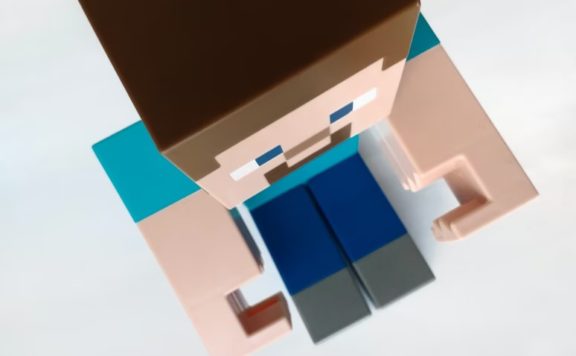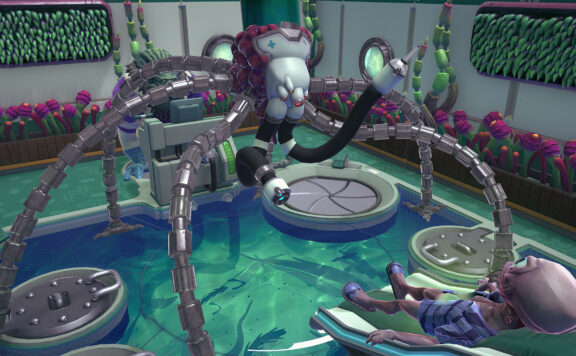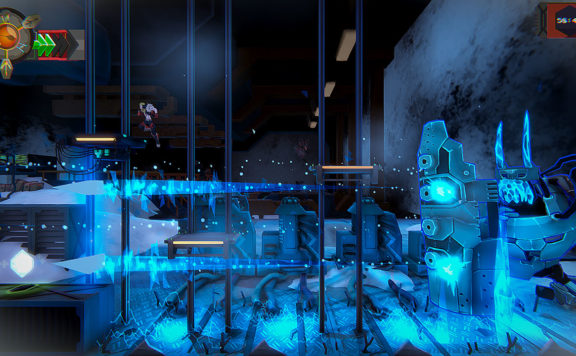A smooth and enjoyable online gaming experience depends on the proper PC hardware. The components inside your computer significantly affect how well your games run, especially when playing online with friends or against opponents worldwide. Understanding the hardware requirements that can help you get a seamless online gaming adventures for lag-free gaming sessions is essential. Let’s explore the key factors that decide the ideal PC setup for an immersive online gaming journey.
Factors That Decide PC Hardware Requirements
1. Types of Online Games
It all depends on the types or genres of online games you want to play. For instance, a simple setup might be enough if you want to play Online Poker. Poker games have lighter graphics and do not need high-end processors or graphics cards. On the other hand, top video games in different genres with maps, missions, and characters will need an advanced setup.
2. Budget
Determine how much you’re willing to spend on your gaming PC. Your budget will dictate the components you can afford and the level of performance you can achieve.
3. Gaming Goals
Consider the types of video games you’ll be playing and determine the PC’s performance. Are you aiming for high frame rates and maximum graphical settings, or are you comfortable with slightly lower settings for a more budget-friendly build?
4. Future-Proofing
Think about how long you want your PC to remain relevant. Investing in slightly better components now might extend the lifespan of your system before you need to upgrade again.
5. Performance vs. Cost
Balance your desire for seamless high performance with your budget constraints. Buying the absolute top-of-the-line components is sometimes necessary to achieve a great gaming experience.
6. Compatibility
Ensure that all your chosen components are compatible with each other. Check motherboard compatibility with the CPU and RAM, and ensure the graphics card fits your selected case.

7. Cooling
Adequate cooling is crucial to prevent overheating during gaming sessions. Consider your case’s airflow, the number of fans you’ll need, and potentially aftermarket cooling solutions.
8. Upgradability
Think about how easy it will be to upgrade components in the future. A well-designed case and motherboard can make it easier to swap out parts when needed.
9. Monitor Resolution and Refresh Rate
Your monitor’s resolution and refresh rate will affect how seamless your gaming experience. If you have a high-refresh-rate monitor (e.g., 144Hz or higher), you’ll want a system that can take full advantage of it.
10. Online Connectivity
For online gaming, a stable and fast internet connection is crucial. Consider using a wired Ethernet connection for lower latency, especially if you’re into competitive gaming.
11. Peripherals
Remember to factor in the cost of gaming hardware that are essential for seamless gaming, such as a keyboard, mouse, and headset. These can significantly impact your gaming comfort and performance.
12. Noise level
Consider how much noise your PC will generate. Quieter components and effective case insulation can help keep noise levels down.
13. Aesthetics
While not a technical consideration, the appearance of your PC and its components might matter to you. Some cases come with tempered glass panels or RGB lighting options for a visually appealing setup.
14. Software and Drivers
Make sure you’re comfortable with installing and updating drivers for your components. Keeping your system’s drivers up to date is essential for optimal performance.
15. Warranty and Support
Research the warranty policies of the components you’re purchasing. Knowing what kind of support you’ll receive if your components have issues is essential.
16. Building Skills
Assess your comfort level with assembling a PC. If you’re new to building, you should watch tutorial videos or consider getting help from someone with experience. Take your time to research and plan your build carefully to ensure you’re getting the most out of your investment in online gaming. Let us now discuss the basic requirements for a standard online gaming PC.
Standard PC Hardware Requirements
- Processor (CPU) – A modern quad-core processor or higher is recommended for seamless gameplay. Look for processors from Intel (i5 or higher) or AMD (Ryzen 5 or higher) for optimal performance. The processor depends on the type of online games you want to play. Rendering high-quality video will also need the support of a graphics unit.
- Graphics Card (GPU) – The GPU is crucial for gaming visuals. A mid-range to high-end graphics card from NVIDIA (GTX 1660 Ti, RTX 3060, or higher) or AMD (RX 5600 XT, RX 5700, or higher) is recommended for smooth gameplay at high settings.
- Memory (RAM) – 8GB of RAM is a standard that most gamers follow, but 16GB is ideal for a gaming PC. Having more RAM can help with multitasking while gaming.
- Storage – An SSD (Solid State Drive) is highly recommended for faster loading times and smoother gameplay. A typical setup combines a smaller SSD for your operating system and essential games and a larger HDD (Hard Disk Drive) for storage.
- Internet Connection – The crucial factor of online gaming is an internet connection. A wired Ethernet connection is generally more reliable than Wi-Fi for gaming due to lower latency.
- Monitor – A high refresh rate (144Hz or higher) monitor can provide a smoother gaming experience, especially for fast-paced games. Consider a monitor with a low response time (1 ms or lower) to reduce motion blur.
- Peripherals – A gaming keyboard and mouse are often designed with quicker response times and additional features. A comfortable gaming headset can enhance your online gaming experience, allowing you to communicate with teammates and hear in-game audio cues.
- Cooling – Adequate cooling for your CPU and GPU is necessary to prevent overheating during intense gaming sessions. Proper airflow within your case and potentially aftermarket cooling solutions can help maintain optimal temperatures.
- Operating system – Ensure you’re using an up-to-date and stable operating system, such as Windows 10 or later, for compatibility with the latest games and drivers.
- Graphics settings – Adjust in-game graphics settings according to your PC’s capabilities. Lower settings help maintain higher frame rates, while higher settings provide better visual fidelity.
Conclusion
Consider these factors and options to develop a gaming PC from scratch. Set your requirements according to the online games you are fond of for a seamless experience. Do a benchmark test once you have assembled a PC. Experts suggest going for PC hardware options that allow you to upgrade in due course of time. Leave ample space for upgradation and develop a virtual gaming world.







